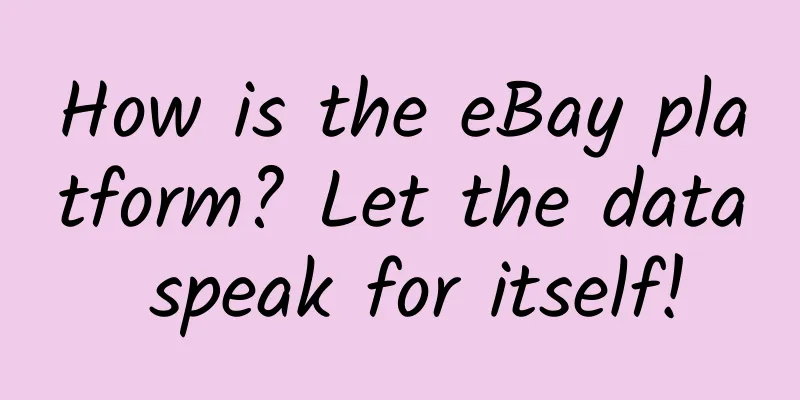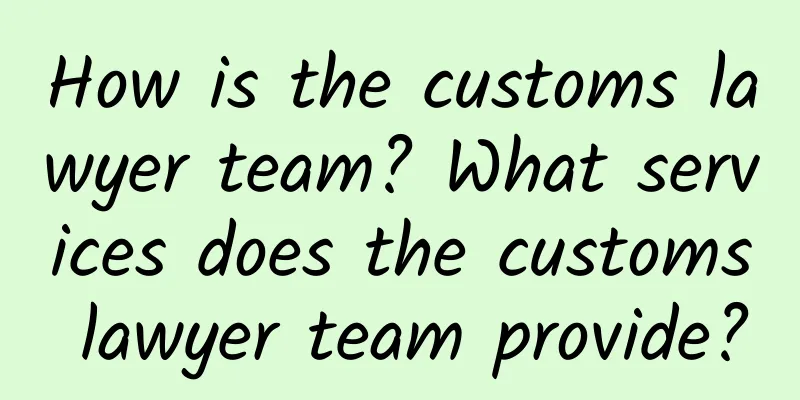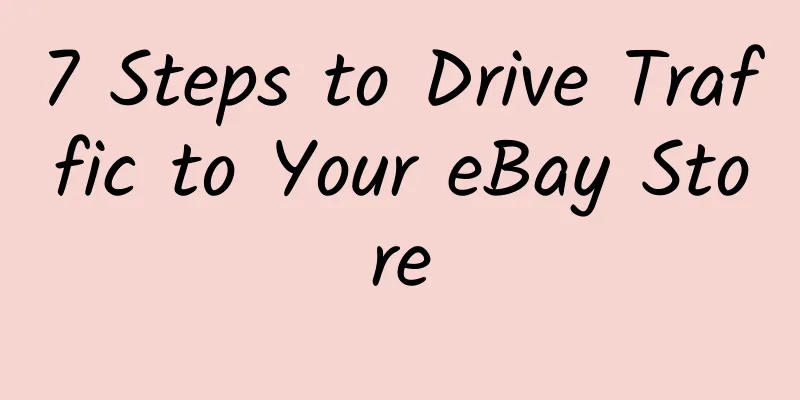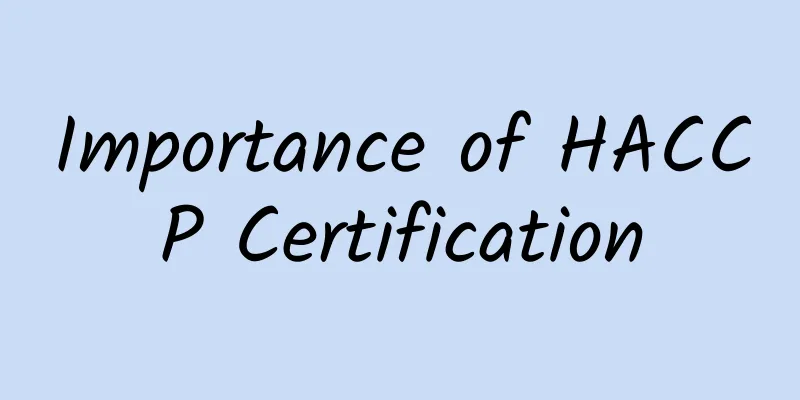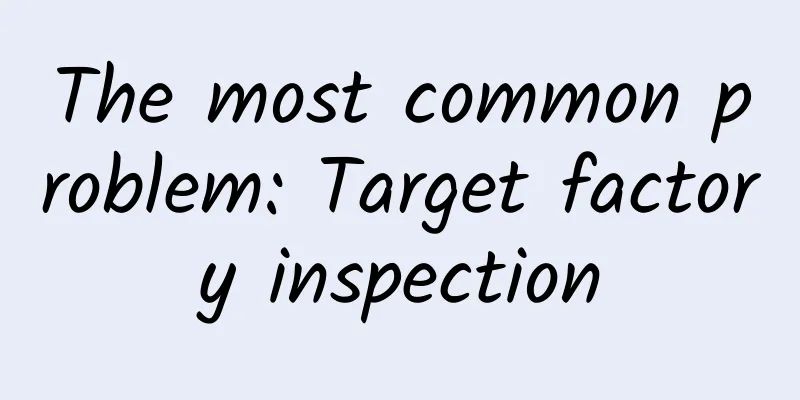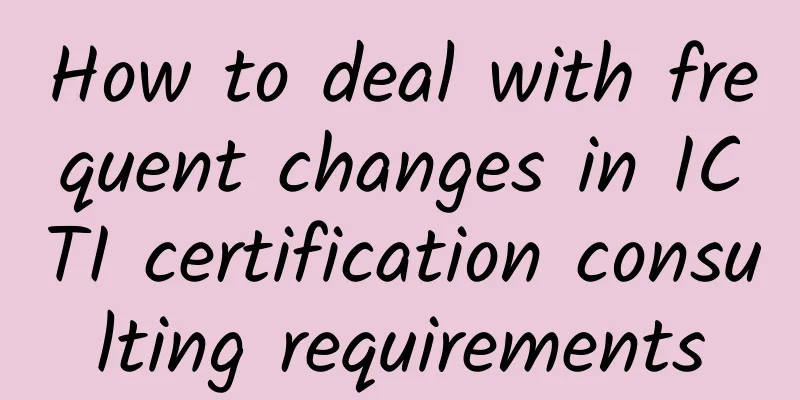Marine OBP Certification - Ensure that plastic waste does not harm and burden the ocean
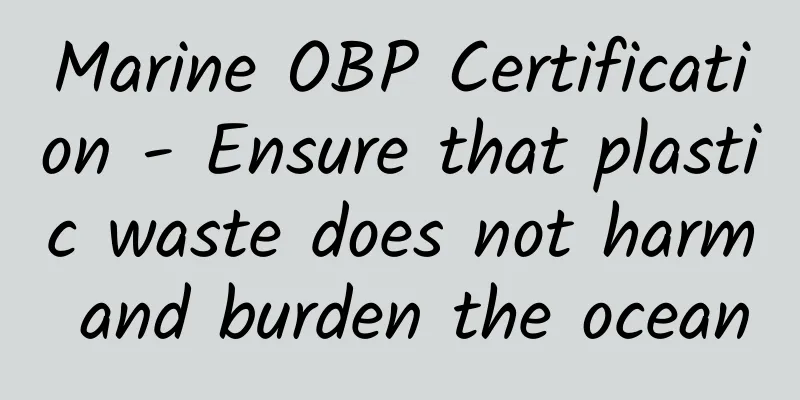
|
OceanBoundPlastic is discarded plastic of all types of waste (microplastics, mesoplastics and macroplastics) from communities or regions where the waste sources are non-existent or very inefficient within 50 km of the coast. The aim of the OBP certification scheme is to prevent further plastic discharge into the ocean, ensuring that plastic waste is not left in nature in areas where it would inevitably be carried to the ocean. The OBP Collection Organization Standard (the Standard) enables organizations that carry out waste plastic collection and environmental clean-up to certify the plastics they collect as sources of plastic at the marine boundary. The scope of the recycling standard covers activities related to ownership of collected OBP until sale or disposal. Depending on each organization, these activities may also include storage, cleaning, washing, sticker removal, baling or similar preparation for shipping/sale. Further processing such as grinding, making flakes or melting OBP needs to be included in the scope of the recycling organization standard. The collecting organization should have protocols and control processes in place to ensure traceability from the point of collection to the final destination of the OBP. There are three steps to apply for OBP certification for recycling of recycled waste: a) At the end of collection or upon receipt at the logistics centre, all collected OBP should be visually inspected, sized (volume measured if required), weighed and registered by category. If the plastic has been compressed, this should be mentioned. This information can be included in the daily log filled in during collection or purchase. b) The collecting organization may separate the collected OBP into three categories: i) recyclables2 (ii) reusable/reusable3 and (iii) final disposal. This separation is only possible for the purpose of selling the OBP to a third party for recycling or reuse/verification, or if the collecting organization itself recycles or reuses/evaluates all or part of it. In this case, the organization should measure the volume as required and the weight separately for each category. c) For the sale of OBP, the organization may be involved in operations such as cleaning, washing, sticker removal, sorting, compression (baling) and packaging for transportation. The portion of OBP that goes through these steps needs to be properly registered. OceanBoundPlastic is waste plastic of various types of waste (microplastics, mesoplastics and macroplastics) from communities or areas where the waste sources are non-existent or very inefficient, 50 km from the coast. Plastic waste in landfills or managed dumps are not considered for OBP certification, but plastic waste in uncontrolled informal dumps is considered OBP if it is within 50 km from the coast. The OBP certification scheme was developed by the NGOs Zero Plastic Oceans and the S-U Peterson Control Alliance to protect the oceans from the ongoing leakage of ocean bound plastics (OBP) from land-based activities. The OBP Certification Program is designed to encourage the removal of OBP from the environment by adding value to the effective collection and treatment of OBP before it reaches the ocean. The program consists of two subprograms: the OBP Recycling Subprogram and the OBP Neutral Subprogram. When OBP is commercially recyclable2 its collection and recycling can be encouraged by demonstrating its origin and traceability, giving it a higher market value. This model uses the OBP Recycling Organization Standards and the OBP Recycling Organization Standards for certification for OBP recycling subprograms. When OBP is not commercially recyclable3 its collection and final processing can be encouraged by demonstrating this process through the Ocean Boundary Plastic Neutrality Model, in which a plastic producer or user offsets the consumption of plastics within a selected production range by removing an equivalent volume from the environment through the acquisition of an OBP Neutralization Certificate. This model uses the OBP Neutralization Service Provider Standard and the OBP Plastics Producer and User Standard for certification for the OBP Neutralization subprogram. The OBP certification program aims to encourage the removal of ocean plastics from the environment by adding value to the effective collection and treatment of these plastics. The vast majority of plastic polluting the oceans comes from land-based sources, so it was previously ocean-bound plastic, in fact it is widely acknowledged that 80% of plastic in the oceans comes from land-based sources. Are you still worried about not passing the factory inspection? Don’t worry! Chaowang Consulting has been engaged in factory inspection and certification consulting for many years. We have rich experience and connections, and are familiar with the process and steps of factory inspection and certification. We can help companies solve certification problems at any time, easily deal with them, and pass them smoothly! Consultation phone: 021-51029391! |
<<: Procedures and requirements for EUROPEAN FLAX certification
Recommend
Common wage and working hours issues and solutions during BSCI factory audits (III) Penalty clauses in public notices
Problem phenomenon: The public notice contains a ...
Wal-Mart COC Audit policy change-2009
Dear Supplier, Hello, WAL-MART Supplier Please fin...
Shanghai Chaowang's advantages in BSCI factory audit guidance
1. Professional BSCI research team, only engaged ...
The State Council approves the export tax rebate policy for RMB settlement in border countries
According to Wang Zhenhua, deputy director of the...
What is Haixianhui? What products and services does Haixianhui have?
What is Haixianhui? Yiwu Haixianhui Information T...
How to apply for eBay business account green channel?
eBay is a global business leader, connecting hund...
Influencer.fm—One-stop overseas influencer marketing
What is Influencer.fm? Influencer.fm is a one-sto...
What is Baimahui? What are Baimahui's businesses?
What should Amazon sellers do if they want to lea...
Chinese toy manufacturers say "no" to ICTI factory inspections
Guangzhou, April 9 (Xinhua) -- Following accusati...
What is Bluehost? What are the features of Bluehost?
What is Bluehost? Bluehost is a very popular Amer...
Newbalance Labor Audit Checklist
Newbalance Labor Audit ChecklistNewbalance Labor ...
Sears factory audit results classification
Sears factory audit results are generally divided ...
What is Dekesen International like? What services does Dekesen International provide?
How about Deksun International? Deksun Internatio...
Timberland_Timberland factory inspection documents and contents
Timberland_Timberland factory inspection documents...
ALDI factory inspection requirements——BSCI
As a member of BSCI, all European sales offices o...
